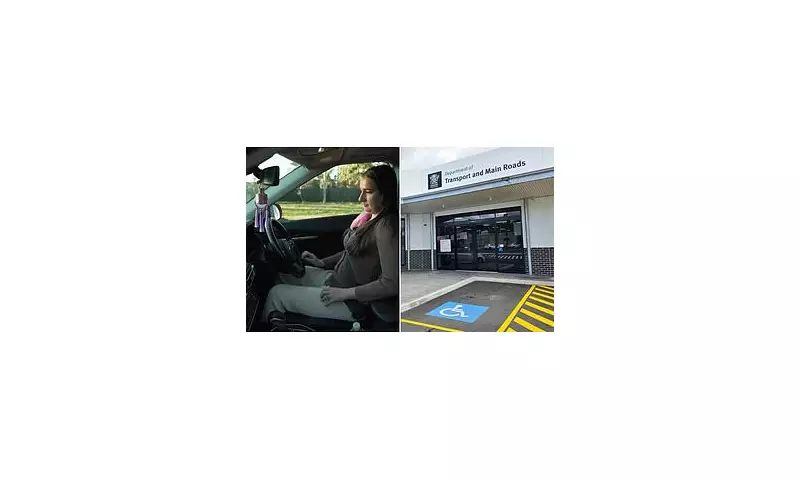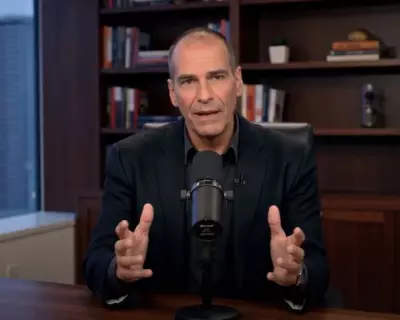
The Driver and Vehicle Licensing Agency (DVLA) has sparked controversy after banning the sale of the number plate 'INDICA' over concerns it promotes drug culture. The decision comes as part of the agency's ongoing efforts to prevent offensive or inappropriate combinations from appearing on UK roads.
Why Was 'INDICA' Banned?
The term 'Indica' is widely recognised as a strain of cannabis, leading the DVLA to classify it as unsuitable for public display. A spokesperson stated: "We have a responsibility to ensure number plates do not carry inappropriate references. After review, 'INDICA' was deemed to have clear drug-related connotations."
Public Reaction
The ban has divided opinions, with some praising the DVLA's vigilance while others argue it's an overreach. "It's just a word—people need to stop looking for problems where there aren't any," one motorist commented online.
How Does the DVLA Decide?
The agency maintains a strict vetting process for personalised registrations, blocking plates that:
- Reference drugs, violence, or explicit content
- Could be seen as racially or sexually offensive
- Mimic emergency service identifiers
Last year alone, over 300 combinations were rejected under these guidelines.
What Happens Next?
The 'INDICA' plate has been permanently withdrawn from sale. Owners of existing plates containing the word won't be affected—unless they attempt to transfer ownership, at which point the DVLA may refuse the transaction.
This incident highlights the fine line regulators walk between preventing offence and allowing personal expression on Britain's roads.





